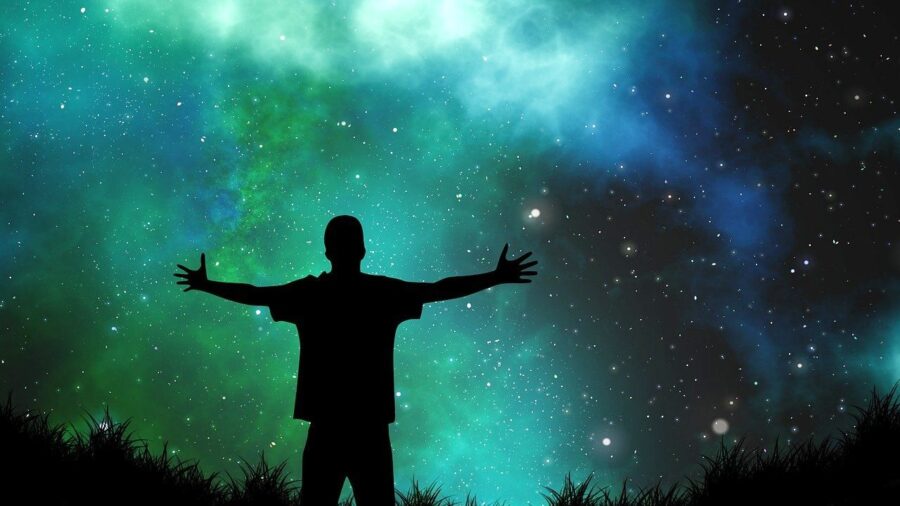Say Goodbye To Starry Nights: The Cosmos Are Disappearing From View
Light pollution and global warming are obscuring the skies, making it harder and harder for us to see the stars.

Summer is well underway, and while you’ll be seeing stars like Ezra Miller return to the screen via The Flash while Margot Robbie and Ryan Gosling go full-on plastic in Barbie, the actual stars in the sky may soon be unrecognizable thanks to global warming. That’s right, while the biggest meteor shower of the year – the Perseids – will be visible to almost anyone with remotely dark skies in August, you better bask in their glory before they’re gone forever. What started as a slow muting, scientists say, will soon become a more regular occurrence with light pollution beginning to more thoroughly obscure our view of the heavens.
According to The Guardian, researchers have found that even seven years ago in 2016 things weren’t looking great for the future of star gazing. Back then, it was reported that the Milky Way was no longer visible to a whopping third of humanity and, due to global warming, light pollution has only gotten worse since then. It’s thought that many of the major constellations won’t be able to be seen in 20 years – a total tragedy for not only those of us who enjoy a night beneath the cosmos but also for younger generations to come.
Essentially, Earth is being affected by what scientists refer to as light-emitting diodes (LED) and similar man-made light like it. Think of things as big as a Wal-Mart Supercenter and the shining lights of a sports arena and even things as small as your average street light or even just your holiday lights – it all adds up. With this uptick in LED, the stars are in major trouble with global warming playing a big part as the planet heats up.
Astronomer Martin Rees has founded an all-party parliamentary group to keep the stars visible by keeping our skies as dark as possible. With Rees’ proposals, the group would cut down on light pollution and put up a united force against global warming which would ultimately see a minister for dark skies. Along with the dark skies minister, the movement would see an entire movement built with a commission put in place that would establish laws for how much LED was permitted.

As Rees put it in a statement, losing constellations and the view of stars, in general, would “be a major deprivation” for all living beings around the world, adding that people “don’t need to be an astronomer to care about this.” Obviously fired up about the cause, Rees would want to see the committee against global warming and light pollution dole-out penalties for those who wouldn’t comply, something that he believes would make differences big enough to see real change.
Like Rees, fellow star expert and physicist Christopher Kyba of the German Centre for Geosciences reported that the night sky has been brightening at a rate of around 10% a year. At that rate, global warming will crush the night sky’s visibility in no time at all. Luckily, there’s still time to turn things around with scientists like Kyba and Rees leading the charge on how to ensure that our skies stay dark enough for generations beyond ours to enjoy the wonders of the Big Dipper, Little Dipper, Orion, and all the other constellations in the night sky.












